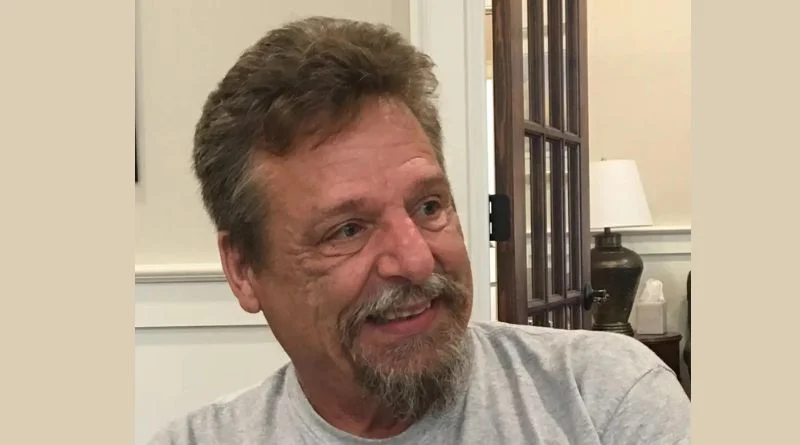
Today, we bring you a story that’s shaken the aviation industry. John Barnett, a former Boeing quality control manager who became a whistleblower, has been found dead in Charleston, South Carolina.
Barnett’s case raises serious questions about corporate accountability, whistleblower protection, and the immense pressure placed on individuals who speak up against powerful companies. Let’s delve into the details.
A Voice for Safety: John Barnett’s Concerns
John Barnett dedicated decades of his career to Boeing, working in both their Everett, Washington, and North Charleston, South Carolina plants. What started as a commitment to quality control transformed into a fight for safety. Barnett raised repeated concerns about declining manufacturing practices at Boeing, alleging that managers prioritized production speed and profit over addressing potential defects.
In his own words, Barnett told The New York Times in 2019, “As a quality manager at Boeing, you’re the last line of defense before a defect makes it out to the flying public. And I haven’t seen a plane out of Charleston yet that I’d put my name on saying it’s safe and airworthy.”
Barnett’s accusations weren’t mere opinions. He backed them up with action.
Whistleblower Retaliation Lawsuit and Mounting Stress
In 2017, Barnett filed a whistleblower complaint against Boeing, alleging that his attempts to raise quality and safety issues were ignored, even met with punishment. He believed his career suffered because of his commitment to safety. This triggered a legal battle that was due to go to trial in June 2024.
Barnett’s family shared that the fight against his former employer took a toll on his well-being. Facing a hostile work environment, Barnett developed PTSD and anxiety attacks. They believe these pressures significantly contributed to his tragic passing.
Sudden Loss and a Family’s Heartbreak
Barnett’s body was discovered in a vehicle at a Charleston hotel parking lot just one day after he testified in his whistleblower case. Authorities ruled it a suicide by gunshot wound, but questions linger. Barnett’s family and lawyers expressed disbelief at the possibility of self-harm.
“He was in very good spirits and really looking forward to putting this phase of his life behind him and moving on,” said his attorneys, Robert Turkewitz and Brian Knowles.
John Barnett’s death leaves a gaping hole in his family’s lives and casts a shadow over the ongoing lawsuit. His family released a statement saying, “He was looking forward to having his day in court and hoped that it would force Boeing to change its culture.”
Boeing’s Response and Unanswered Questions
In a statement, Boeing expressed sadness over Barnett’s passing and offered condolences to his family. However, the company hasn’t addressed the specific allegations Barnett raised about manufacturing practices and potential safety issues.
This tragedy raises several critical questions:
Did the pressure of the lawsuit and the fight against a powerful company contribute to Barnett’s death?
Was there a thorough investigation into the concerns raised by Barnett regarding quality control and safety?
What steps will be taken to ensure a safe working environment for whistleblowers within Boeing and other corporations?
A Legacy of Courage and the Road Ahead
John Barnett’s story highlights the immense courage it takes to speak up against wrongdoing, especially when it involves a powerful company like Boeing. Barnett was willing to risk his career and emotional well-being to shine a light on potential safety concerns.
His death demands a thorough investigation and a transparent response from Boeing regarding the issues he raised. It’s also a stark reminder of the importance of protecting whistleblowers who risk everything to ensure our safety.
While Boeing mourns a former employee, a family grieves a loved one, and the aviation industry grapples with unanswered questions, one thing is clear: John Barnett’s legacy will live on. His courage in speaking up serves as a reminder of the importance of prioritizing safety and holding corporations accountable.
We’ll continue to follow developments in this case and bring you updates as they become available. Stay tuned.



